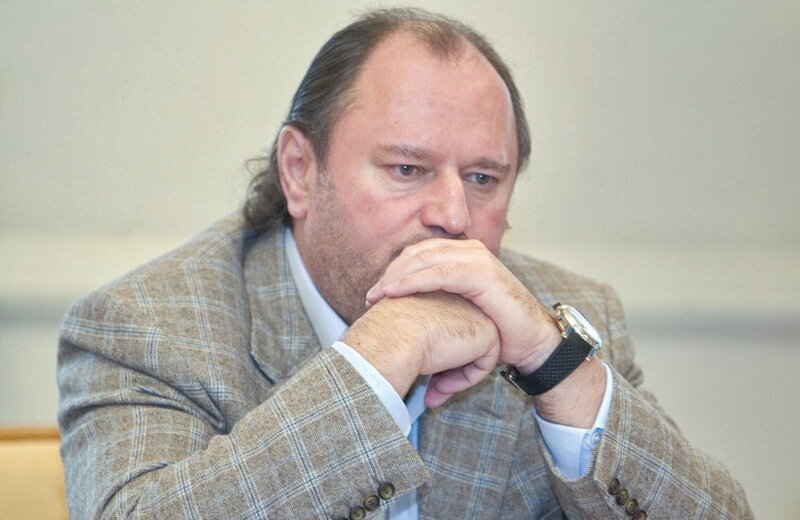Former Party of Regions lawmaker Yevhen Sihal and his wife Maryna were cleared of all criminal suspicions by the Prosecutor General’s Office on March 27 following a decision by the Kyiv Court of Appeal.
Sihal and his wife’s company Agromars, a poultry producer, were placed under criminal investigation by the prosecutor’s office on June 6, 2018 for allegedly violating environmental safety regulations and causing more than Hr 250 million ($1.8 million) worth of damage.
According to a statement by Prosecutor General Yuriy Lutsenko posted on Facebook back in 2018, Agromars and its owners were accused of cutting corners on standard waste disposal procedures in order to save money.
It all started when several tons of dead poultry – birds that allegedly died following a ventilation malfunction, according to Agromars – were found by Kyiv-based environmental activists in the Vyshhorodsk district of Kyiv.
Activists said they were alerted to the hidden and unregistered burial site after local residents complained about a bad smell and called in a group of environmentalists.
The findings triggered an investigation by a special commission, which lead Kyiv Pechersk District Court order the arrest of the Sihals.
However, the two were released on June 15 on bail of Hr 5-million ($185,350).
The Prosecutor General’s Office stated on Feb. 6 that, in the absence of evidence, there was no way to have a criminal case against the Sihals, and therefore ordered the closing of the case.
However, the reasons behind the court of appeal’s ruling were actually challenged by Sihal and his wife.
In effect, a lack of evidence means that if another investigation were to be launched, the appearance of new evidences could force the prosecutor’s office to re-open the case, whereas if the court had clearly stated that Agromars, its employees and its owners had committed no crime, the case would have been closed for good.
Agromars was founded in 1998. Twenty years later, the company controlled 12 percent of the country’s poultry market, according to the Antimonopoly Committee of Ukraine.



